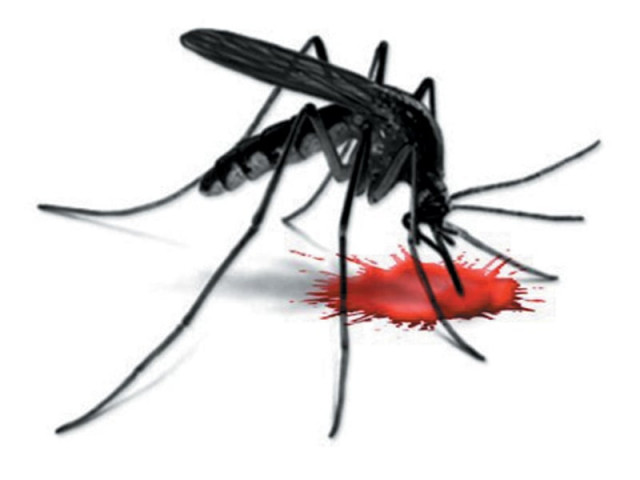Preventing dengue
There are clear steps that government can take at this stage to limit distress once dengue season starts in earnest.

The first dengue cases have already emerged. In February, a seven-year-old girl in Lahore was diagnosed with dengue. This month, another dengue patient has died in Peshawer. Last year, when Chief Minister of Punjab Shahbaz Sharif launched the high-profile Qadam Barhao Dengue Mukao campaign, he claimed he would not rest until the dengue virus was eliminated. He now has the chance to prove that the campaign was not simply a good photo opportunity. There is still time to take preventive measures, such as spraying and drainage of stagnant water and ensuring that hospitals are provided with blood platelet kits that are a first line of defence for those diagnosed with the disease. While these steps can ensure that the mayhem witnessed last year is not repeated, their implementation and follow-up are crucial.
Perhaps, the worst aspect of the outbreak last year was the panic and ignorance of the general public. Quacks promising a dengue cure in three days not only cropped up, but also attracted many patients as hospitals charged exorbitantly for treatment. Consumers were forced to pay exorbitant prices for mosquito repellents and sprays. There are clear steps that the government can take at this stage to limit distress once the dengue season starts in earnest. One hopes that the cases surfacing right now serve as a wake-up call.
Published in The Express Tribune, April 28th, 2012.














COMMENTS
Comments are moderated and generally will be posted if they are on-topic and not abusive.
For more information, please see our Comments FAQ